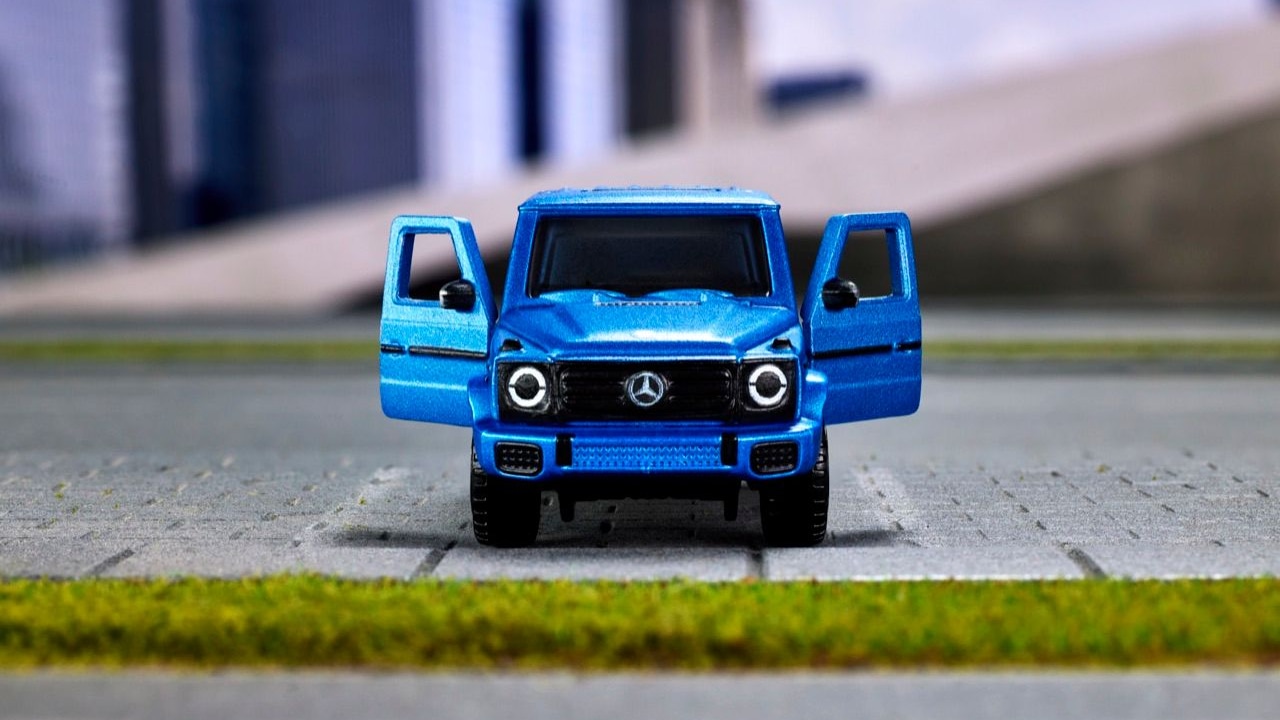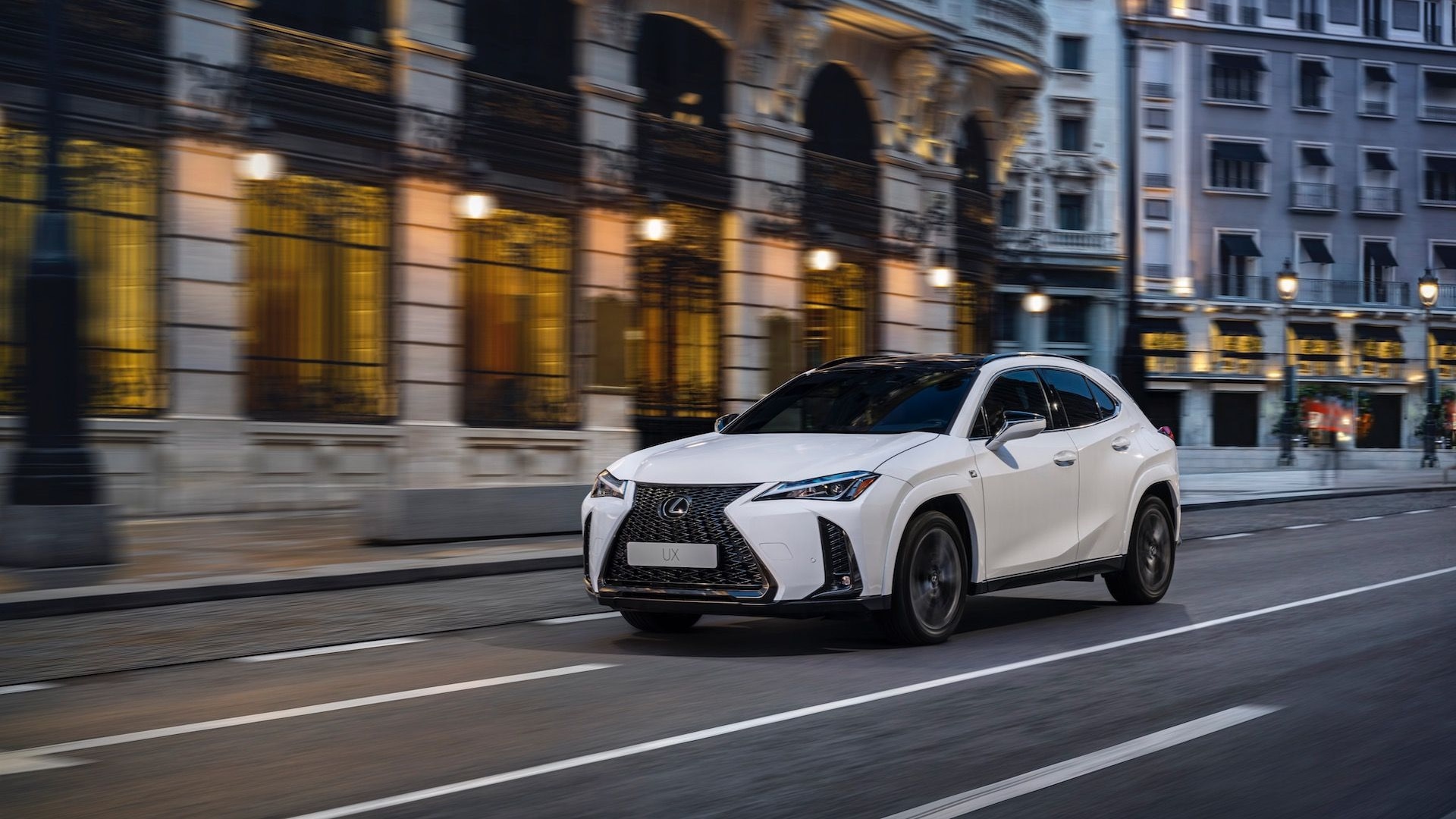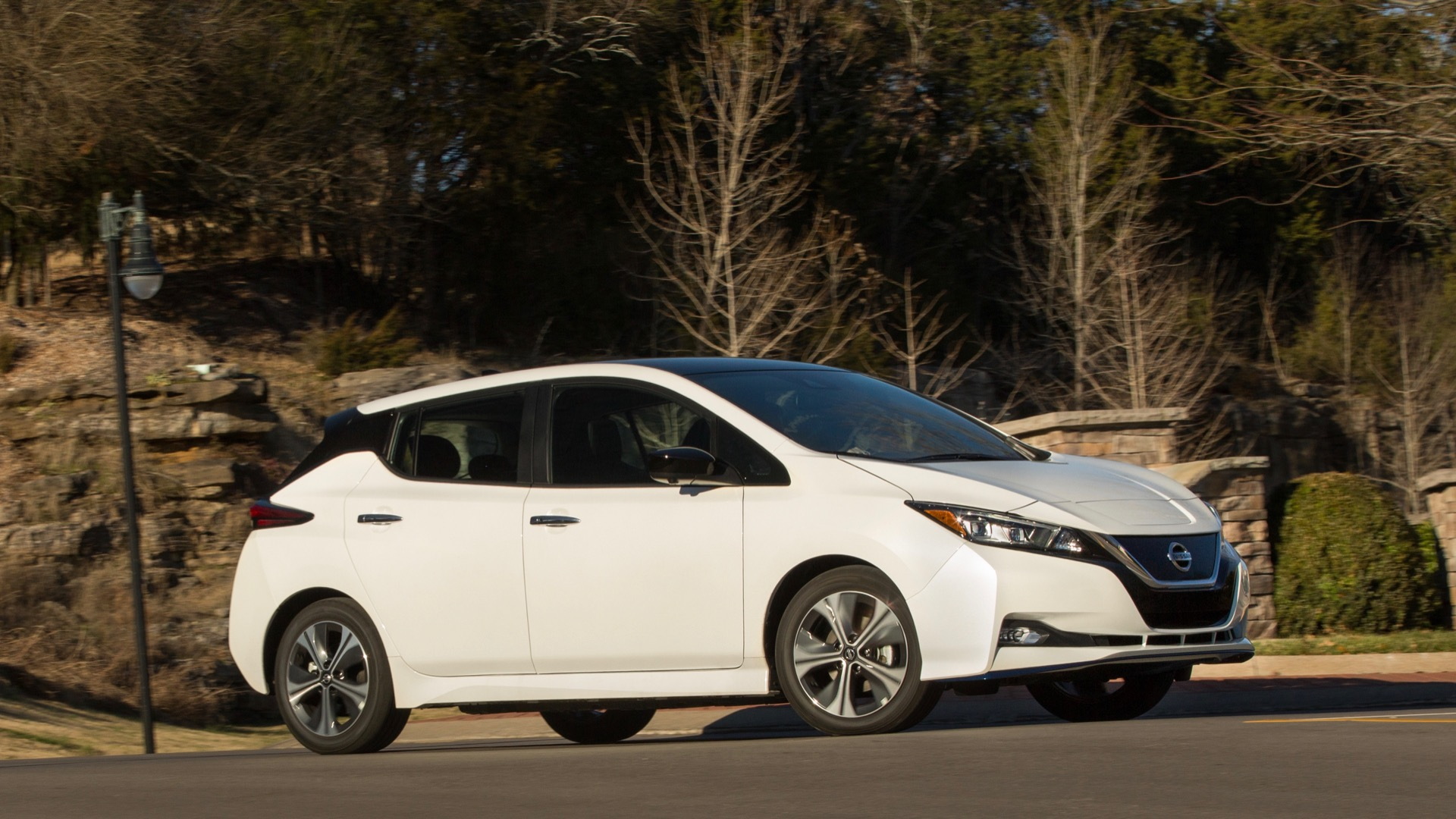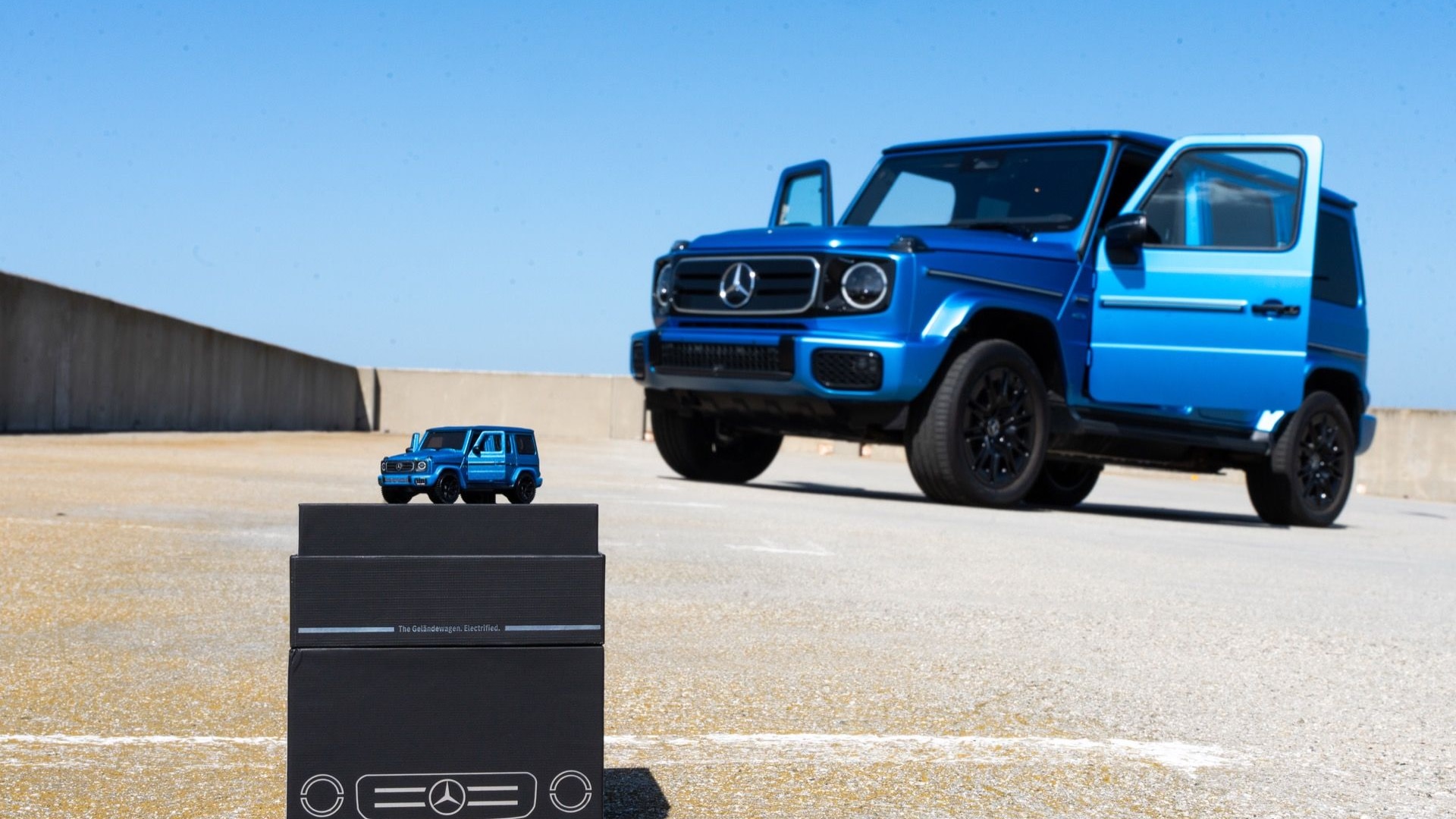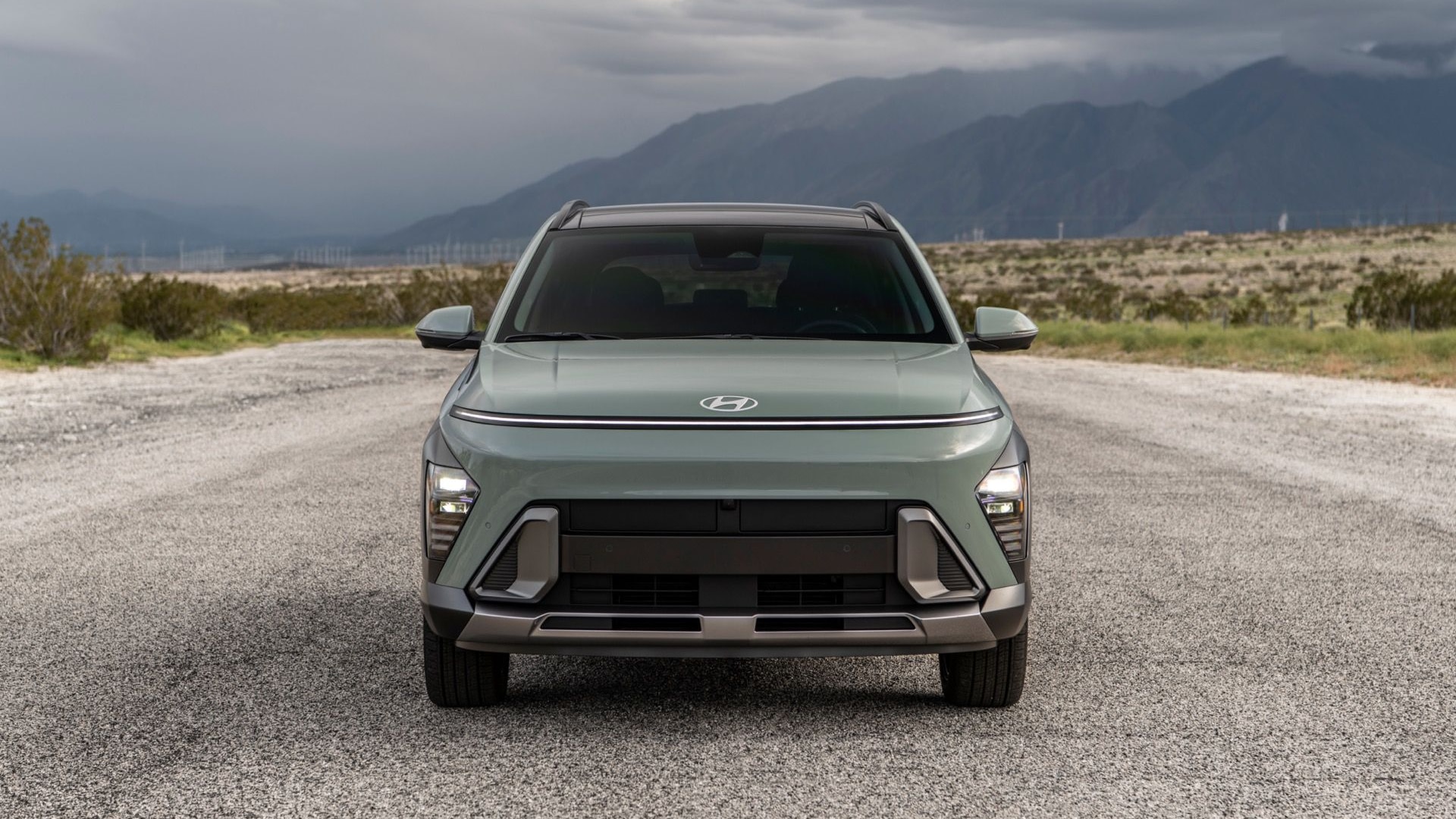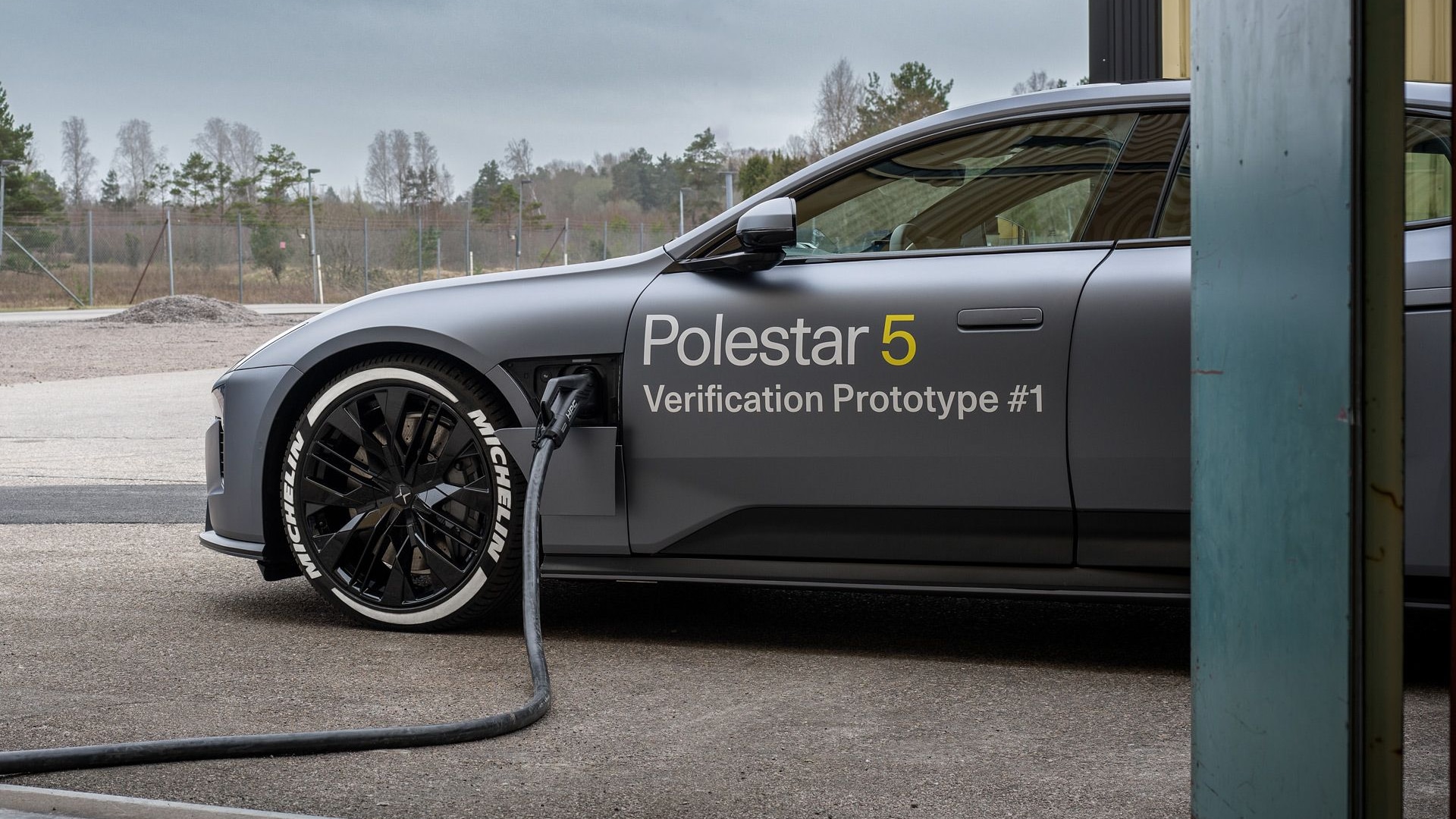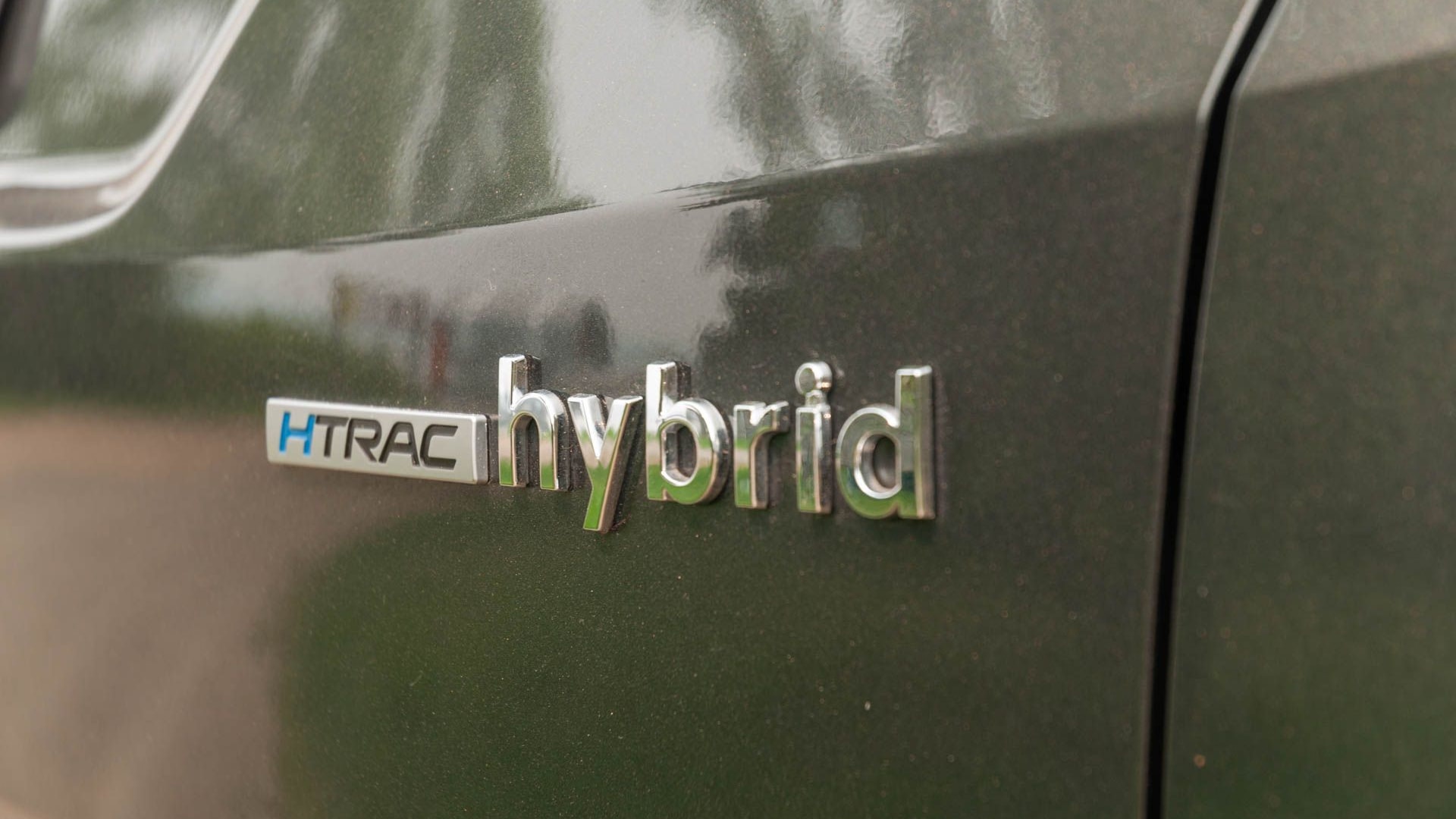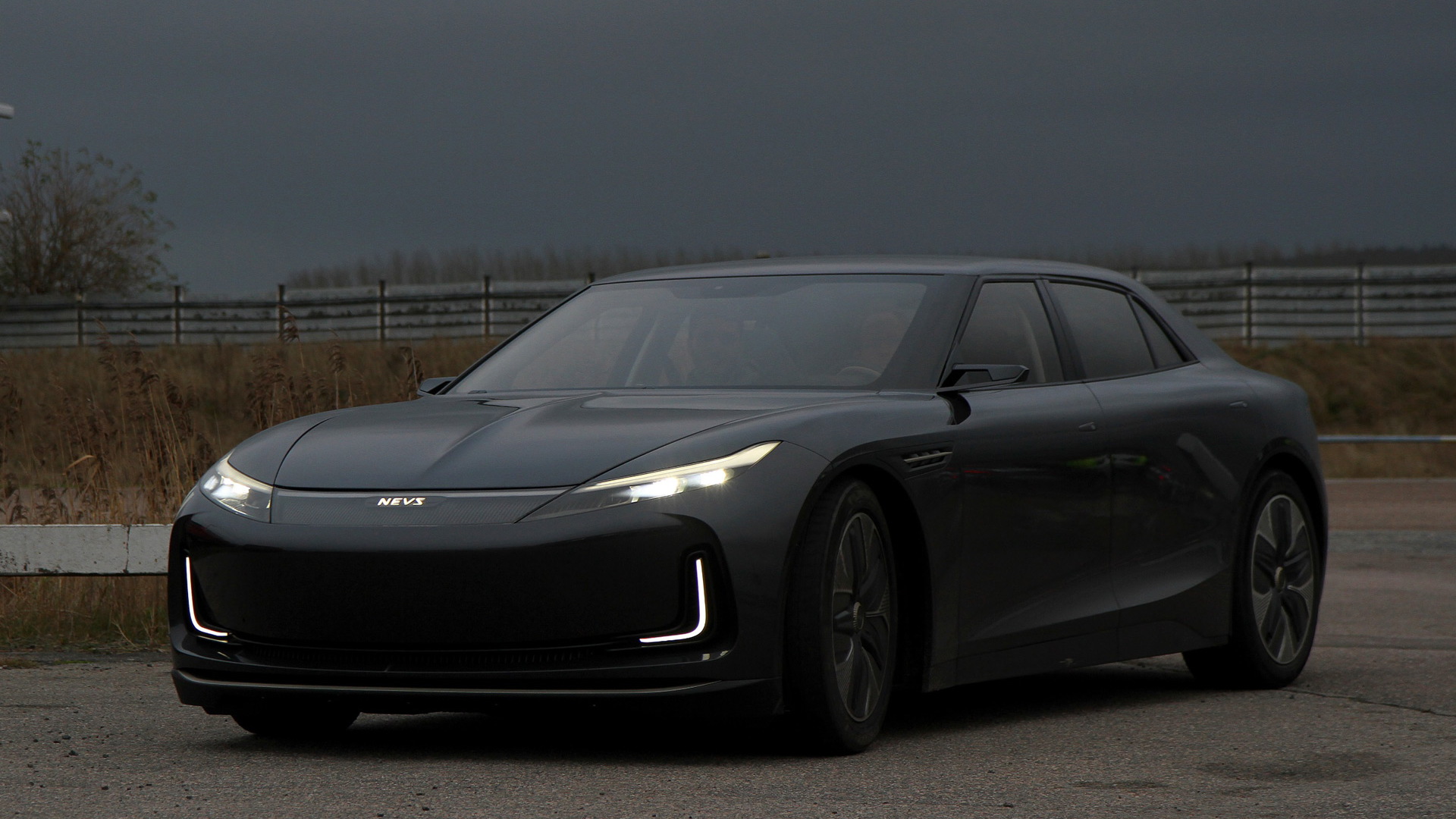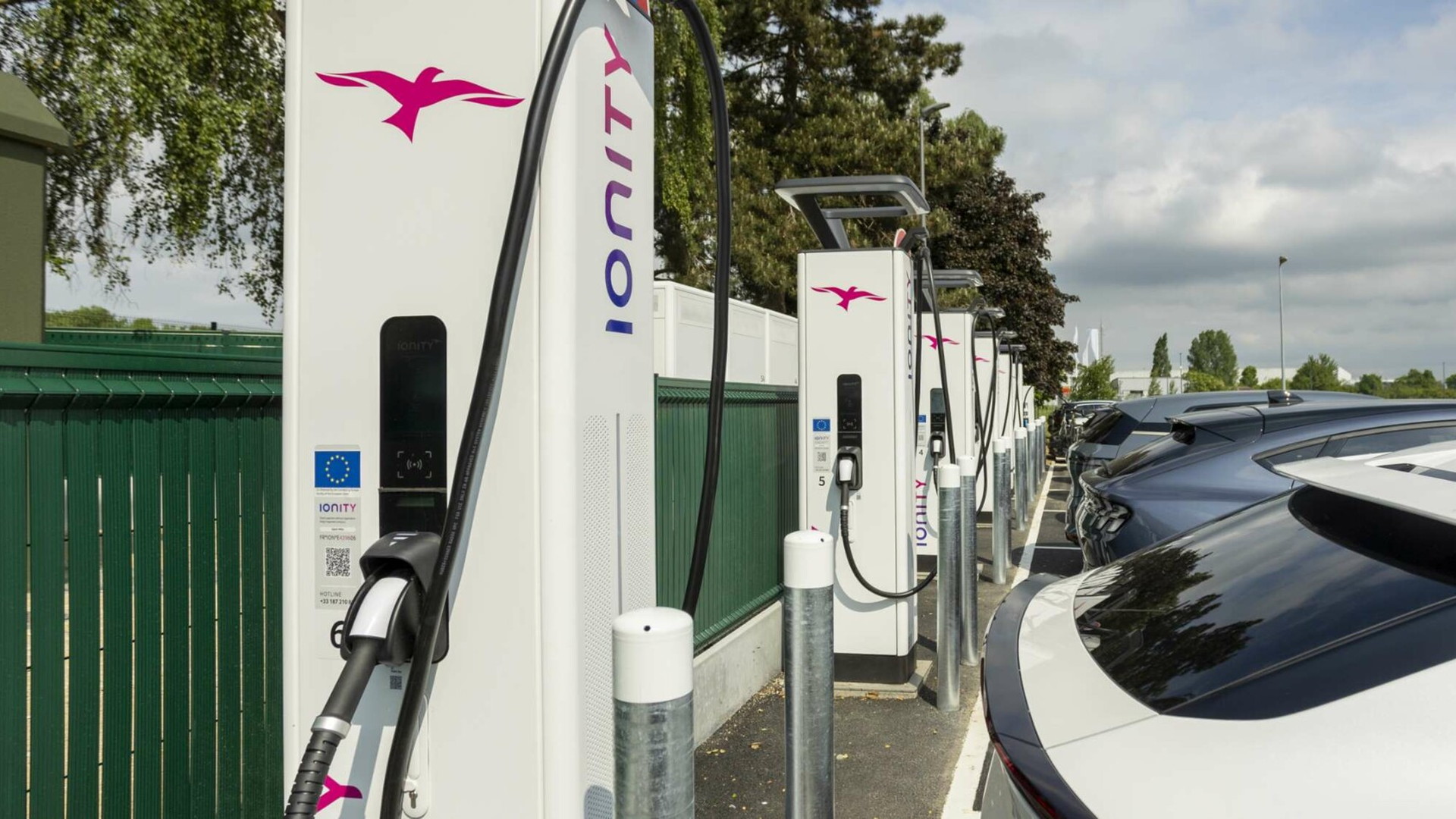Hydrogen fuel-cell cars are currently available to consumers, but only in small numbers.
The Hyundai Tucson and Toyota Mirai are on sale in certain regions of California, and will soon be joined by the 2017 Honda Clarity Fuel Cell.
The three manufacturers only plan to sell very small volumes of fuel-cell cars over the next few years, and lack of fueling infrastructure restricts sales to the Golden State for now.
DON'T MISS: Early Mercedes fuel-cell driver's 'sobering assessment' to industry
But the current fuel-cell landscape represents an important change from past efforts to promote hydrogen cars, according to one expert.
There has been significant positive change in the hydrogen sector compared to even a decade ago, Dr. Joan Ogden—a UC Davis professor who studies energy policy—said in an interview with Autoblog Green during the recent launch of the 2017 Honda Accord Hybrid.
Interest in hydrogen fuel-cell vehicles has waxed and waned over the years, but Ogden believes "there is something different this time."
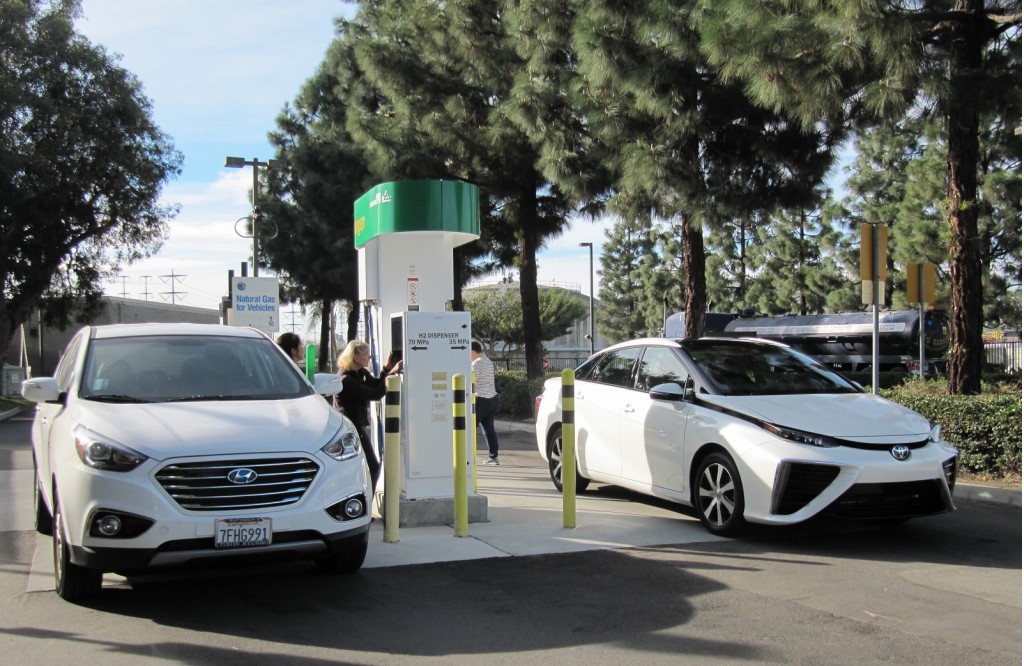
2015 Hyundai Tucson Fuel Cell, 2016 Toyota Mirai at hydrogen fueling station, Fountain Valley, CA
Part of that is due to the technology becoming more "real" through the development of more prototype cars, and the low-volume production Tucson Fuel Cell, Mirai, and Clarity Fuel Cell.
At the same time, development of policies for fuel-cell adoption is becoming more focused, she said.
ALSO SEE: 2017 Honda Clarity preview
Regions such as Southern California, and parts of Germany and Japan now serve as "lighthouse cities" where efforts to deploy fuel-cell cars in large numbers can be concentrated.
Helping to accomplish that is greater coordination among stakeholders in those regions, including carmakers, fueling-network operators, and governments, Ogden said.
As more hydrogen fuel-cell cars hit the road, advocates are gaining more knowledge about how they work and what can be expected of them, inspiring greater confidence in potential investors, she noted.
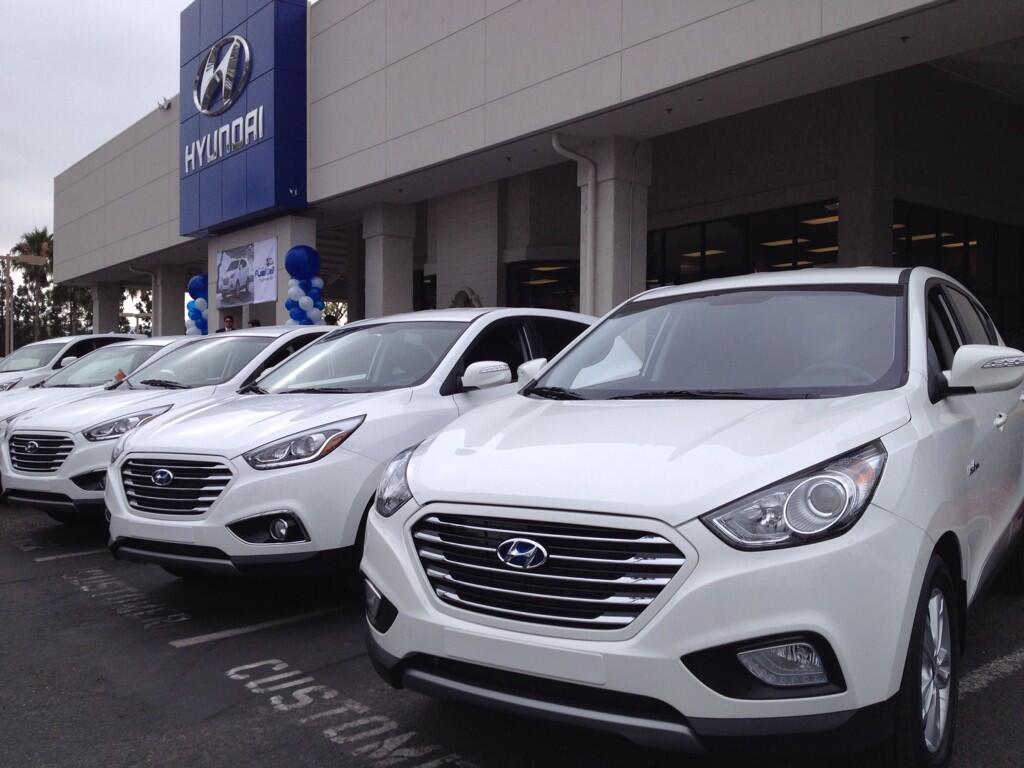
First 2015 Hyundai Tucson Fuel Cell delivered to lessee at Tustin Hyundai, June 2014
It also remains to be seen whether fuel-cell cars can compete with battery-electric cars, and whether a suitability low-emission process for large-scale hydrogen production can be found.
MORE: Toyota Mirai seeks to reclaim green image from Tesla, sans Supercharger network
Given time, Ogden is confident these issues can be addressed.
The biggest change in the state of fuel-cell cars may be that Ogden also feels confident that advocates will actually get time to do that.
_______________________________________________
